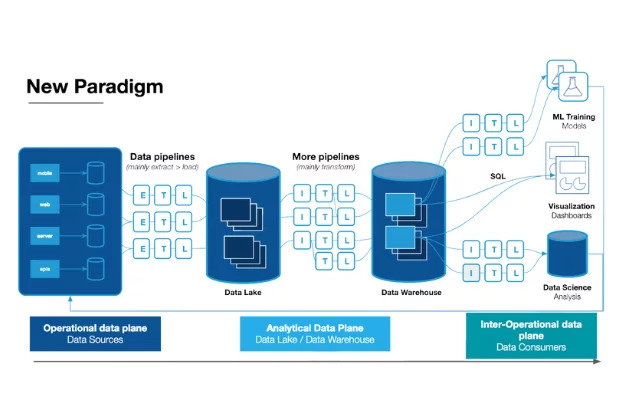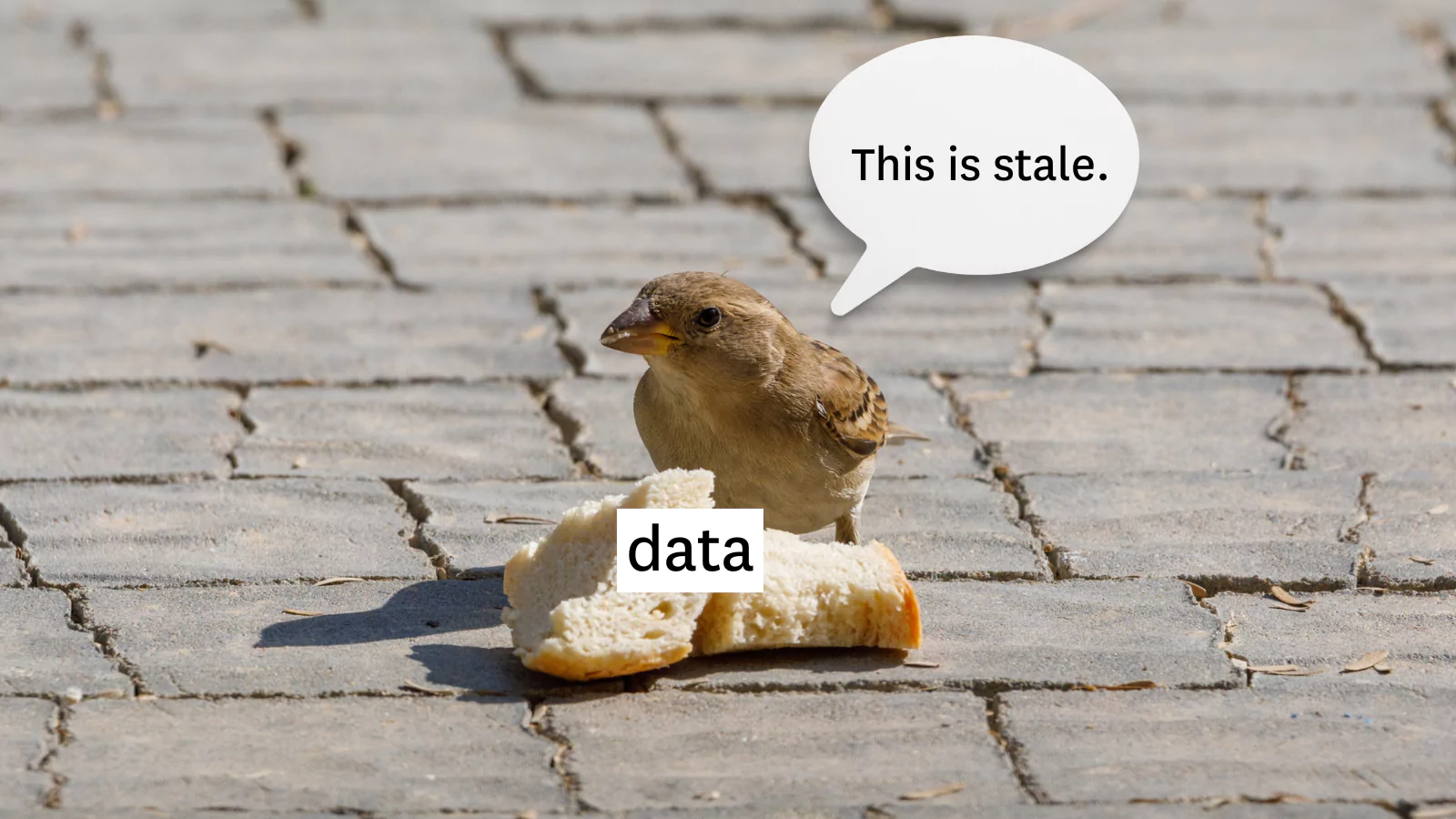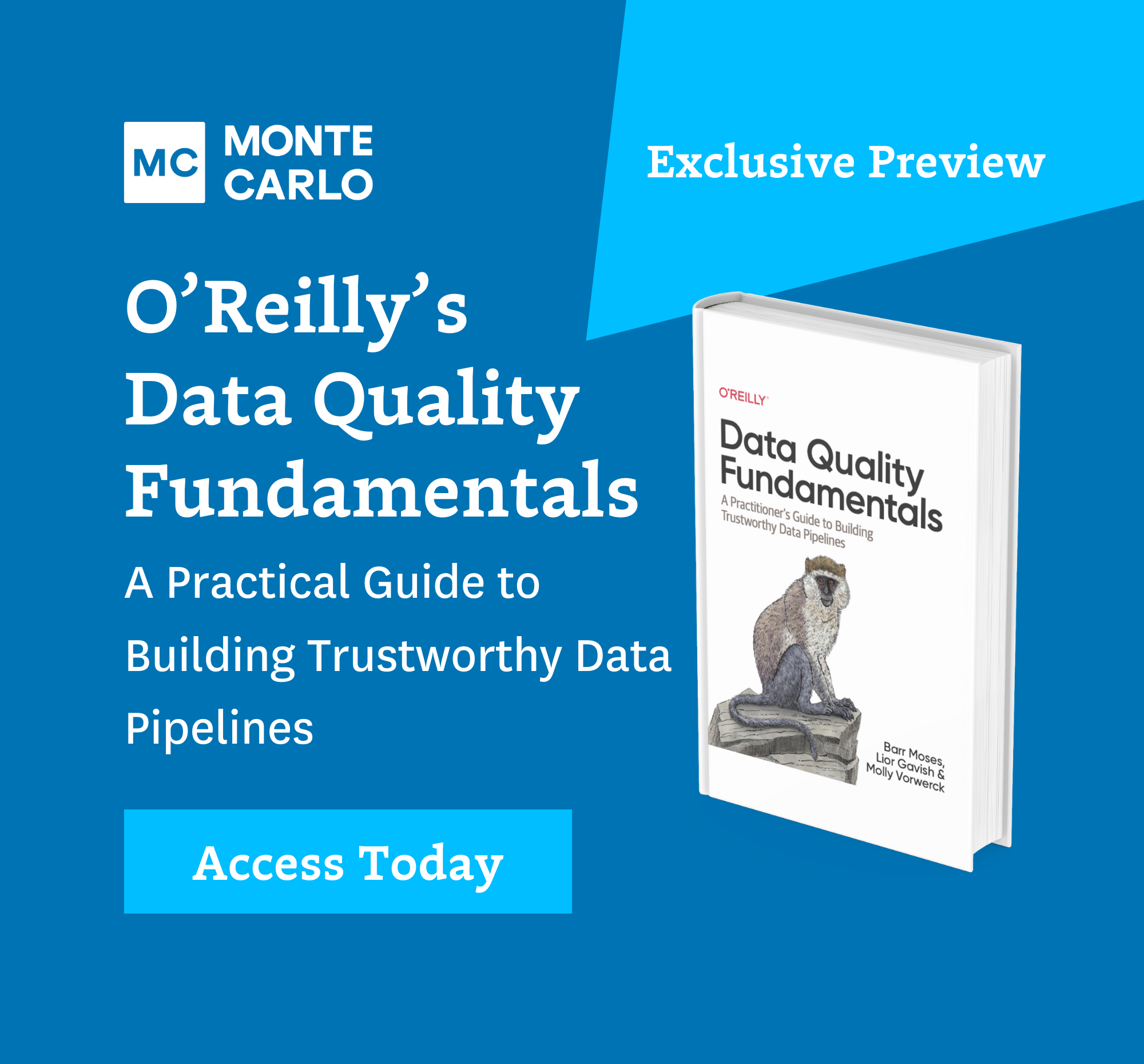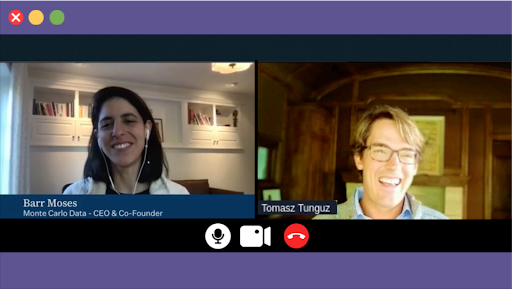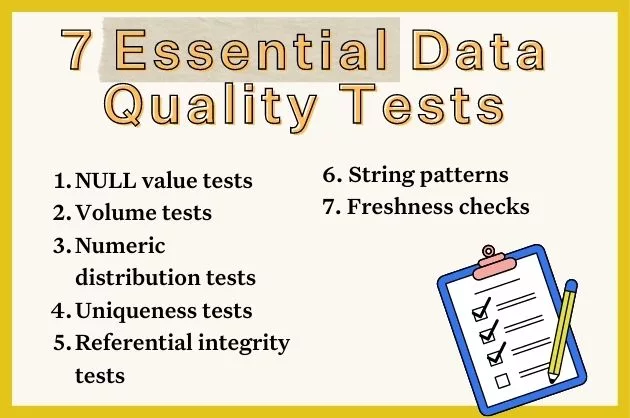Data Stewards vs Data Analysts: Who’s Doing What With Your Data?

In the world of data, there a lot of handoffs between various data stakeholders. But what’s the real difference between data stewards vs data analysts?
The data steward makes sure everything is stored correctly, access is controlled, and the database doesn’t become a dumpster fire. The data analyst, meanwhile, is usually the one navigating that fire, hoping to find some sort of insight before the next quarterly meeting.
They need each other—like a chef needs a good kitchen—but when the lines between them blur, things can get tricky. In this article we looked at over 30 job postings to see how these roles compare.
Table of Contents
Data Stewards vs Data Analysts: What’s the Difference?
First, let’s quickly talk about the main difference between data stewards vs data analysts.
A Data Steward protects the data quality in a business, focusing on enforcing company policies on data governance, security, and compliance. Meanwhile, a Data Analyst interprets and analyzes this data to generate insights and support business decisions. While a Data Steward safeguards the integrity of data, the Data Analyst turns that data into actionable insights.

Now that we understand the basic roles, let’s dig deeper into the differences in everyday tasks between data stewards vs data analysts.
Day-to-Day Responsibilities
Data Steward
Like a new father, a Data Steward’s day starts with checking on the health of their baby, and here that’s the company’s data. This means logging in to some form of data observability platform to track the life of their data as well as any new schema changes.
After that, their day will really begin when the meetings start:
- Meetings with information security teams to review best practices and possible incidents.
- Meetings with data architects to manage changes in the company’s infrastructure and compliance regulations.
- Meetings with Data Analysts to integrate new data sources and safely share their findings.
Squeezed by all of these social obligations will be a litany of sanity checks, both for their own mental well-being as well as for the health of the data they manage. And to make sure that data stays healthy, Data Stewards will also write new documentation for people who want to access and use it.
If they are lucky enough to catch some downtime, Data Stewards may even try to catch up on any news about upcoming data laws or new technologies that can help their company stay protected.
Data Analyst
Just like the Data Steward has to react to the changing needs of their data users, the Data Analyst needs to react to the changing needs of their executives. Their work, be it predictive analysis or cross-department collaboration, depends on whatever the business needs at the time.
For instance, say the company wants to roll out a huge marketing campaign for its shiny new flagship product. The Data Analyst will spend their days buried in numbers, figuring out what could make the product a phenomenon. They’ll meet with everyone in marketing, dig through all the sales and marketing data, and build reports and dashboards to track what’s working. Then they’ll perform statistical analysis and predictive modeling to forecast how the campaign might play out. Next month, they’ll have to pivot, do the exact same thing with the finance team, and then rinse and repeat.
But even though the everyday tasks may be different, the technologies they use are usually similar. Let’s look at those next!
Tools and Technologies Used
Data Steward
While anything that touches a dataset can be considered a Data Steward tool, there are three that are a staple in every workday and were mentioned in some form for practically every job posting:
- SQL – The go-to way for interacting with databases is of course going to be the most universal way to make sure your data is safe.
- ETL Tools – The best way to make sure that data stays high-quality is to inspect it as early as possible. As they say, “garbage in, garbage out,” so might as well check while the data is being Extracted, Transformed, and Loaded.
- Data Quality Tool – But really, why do all of this work manually? There are plenty of tools for cataloging, governing, and observing data automatically. This conveniently aggregates all the information you would have gathered from using other tools into one place.
Data Analyst
Data Analyst tools are a little less consistent. What you would use depends on the main deliverable for that month. But here are the skills we found listed in every Data Analyst job posting:
- Excel – Ol’ reliable. If you are working at a company that still has legacy data systems or even just an executive who wants a more familiar way to look over KPIs, Excel will always be present in your life.
- SQL – As a Data Analyst, the bulk of your work begins and ends with SQL. The whole point of your job is to analyze data, and that data is going to live somewhere accessible with SQL.
- Python or R – This is where the analysis happens. You’ll be working with too much data to really handle it any other way. Whichever language you work in usually depends on what the rest of your team uses.
- Business Intelligence Tools – Aside from pretty Excel Sheets, these interactive graphs will be the real way you communicate your findings to the executives and other stakeholders you are working with.
And with all that value you will be providing with these skills, how much will you be bringing home?
Salary Comparison

What’s the salary difference between data stewards vs data analysts? From the job postings we found, both positions make about the same, and it’s a good amount. Seeing as both jobs do have a bit of overlap in terms of skills and responsibility, it’s not surprising that they are pretty similar.
But what steps do you have to take to make this much?
How to Become a Data Steward or Data Analyst
So, now that you’ve seen the numbers you want to work with data. Step one: get a degree. All the job postings demanded it.
Think of Data Stewards as engineers. You’ll need a degree like computer science or info systems. Bonus points for knowing data governance frameworks and getting certified (CDMP). Stewards are big in regulated industries—more rules, so more need for stewards. They can move up to roles like Data Governance Lead, Data Quality Manager, or even Chief Data Officer (CDO).
On the other hand, Data Analysts lean towards math, degrees in stats, econ, or data science. You’ll need to know SQL, and a good programming language for analysis, like Python or R. Certifications like CAP or Google Data Analytics are also nice-to-haves. Analysts usually work in data-driven sectors like tech, finance, and marketing. For career growth, you could either become a senior analyst or data scientist and also work your way to CDO, or specialize and become something like a financial analyst and work your way to becoming a CFO.
Both roles are booming thanks to the growth of data collection and companies focusing on becoming more data-driven. And, yes, you can switch from one role to the other if you pick up the right skills along the way.
Better Manage Your Data with Monte Carlo
Throughout whatever career you choose, whether you’re interested in data stewards vs data analysts, you will eventually run into data quality issues, poor pipeline visibility, and struggles to figure out the root of some random data errors.
That is why most data professionals are moving to comprehensive data observability platforms to easily track their data instead. With end-to-end visibility into your data pipelines, you can easily detect, resolve, and prevent data quality issues in real-time.
One of the leading data observability platforms is Monte Carlo, offering a robust solution for data professionals. It allows both Data Stewards and analysts to monitor data health, track data lineage, and ensure the accuracy of data used for analysis. The platform’s automated anomaly detection helps Data Analysts stay ahead of potential issues, while compliance reporting supports Data Stewards in maintaining governance standards.
Take control of your data quality today and enter your email below to learn more.
Our promise: we will show you the product.
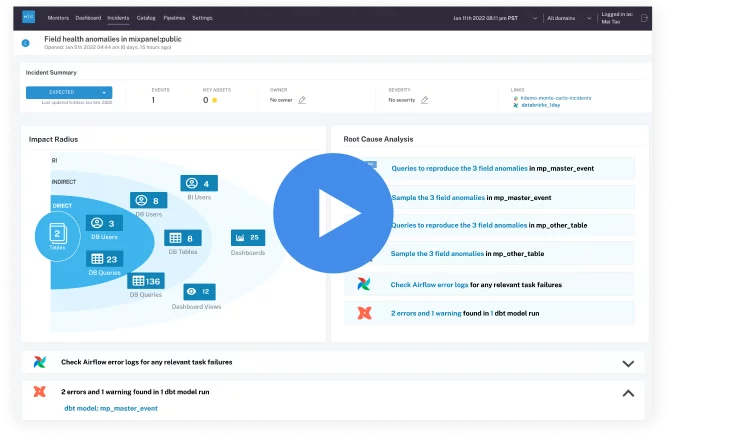 Product demo.
Product demo. 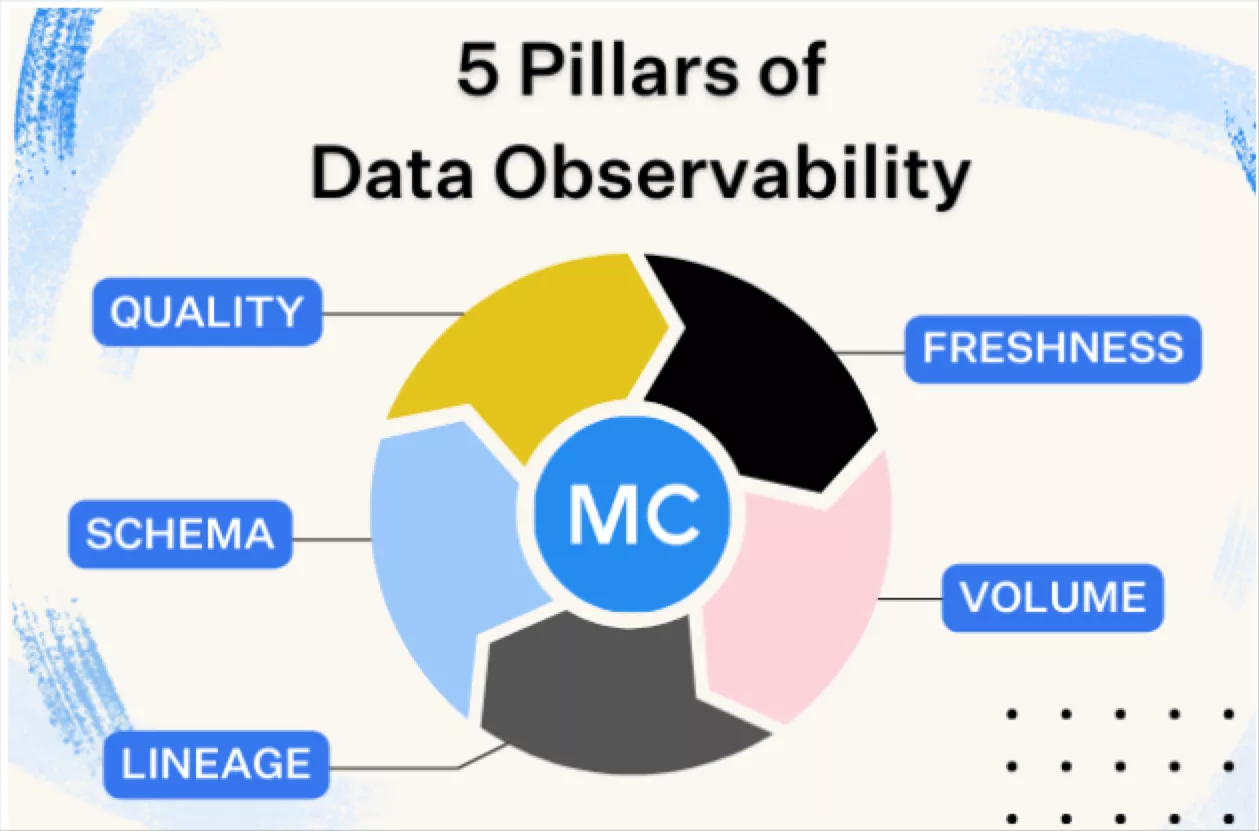 What is data observability?
What is data observability? 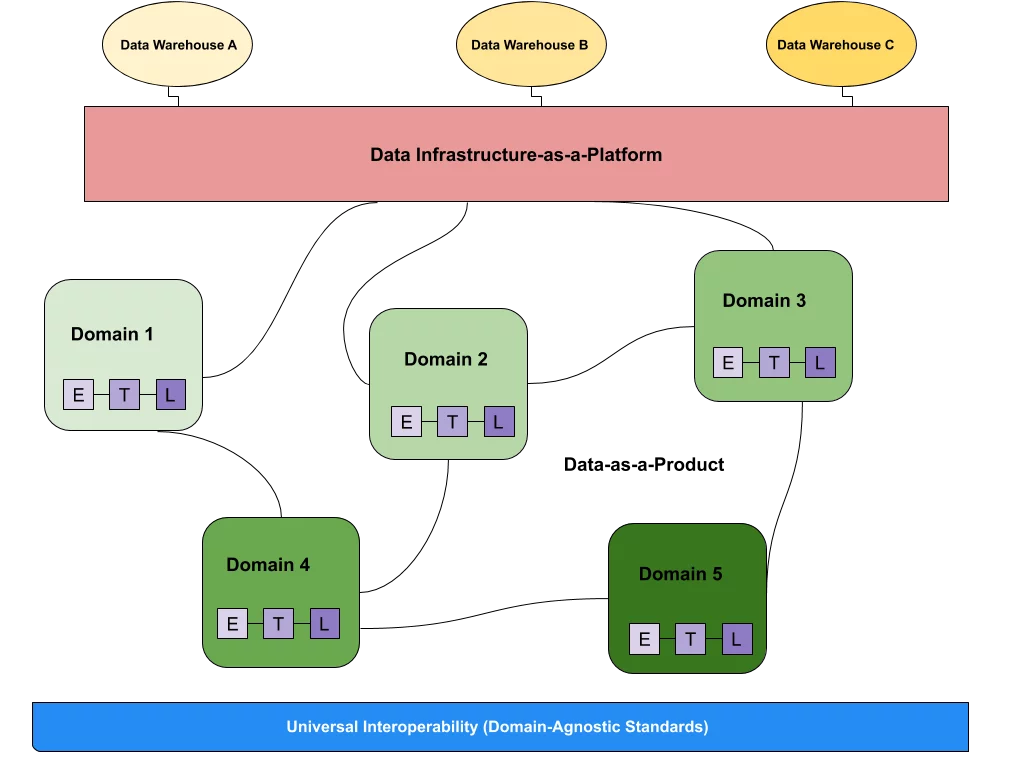 What is a data mesh--and how not to mesh it up
What is a data mesh--and how not to mesh it up 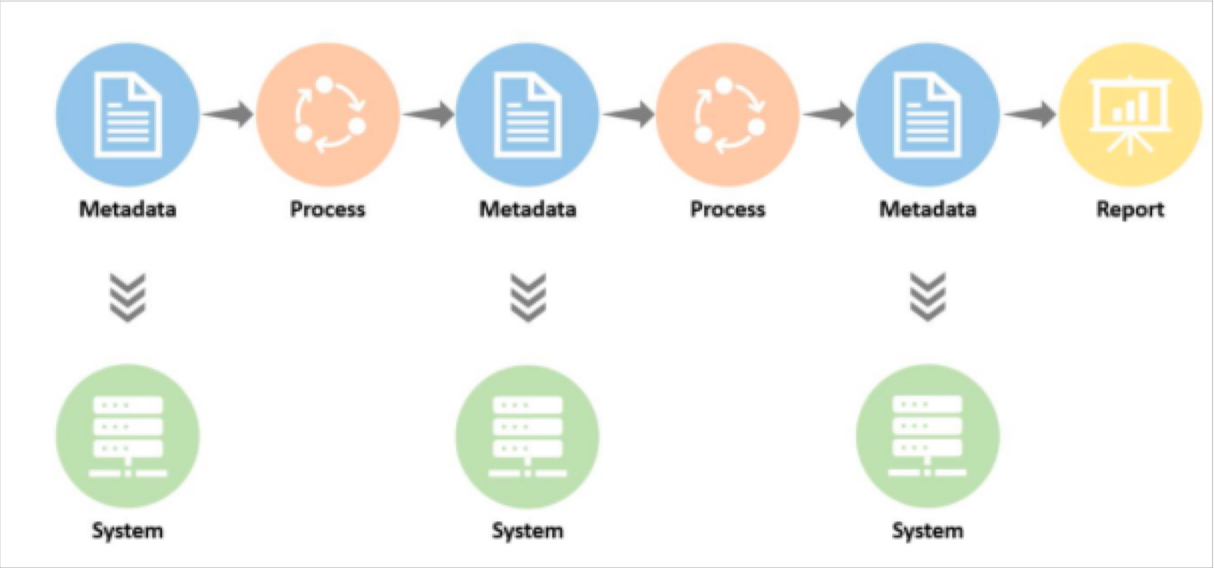 The ULTIMATE Guide To Data Lineage
The ULTIMATE Guide To Data Lineage 
